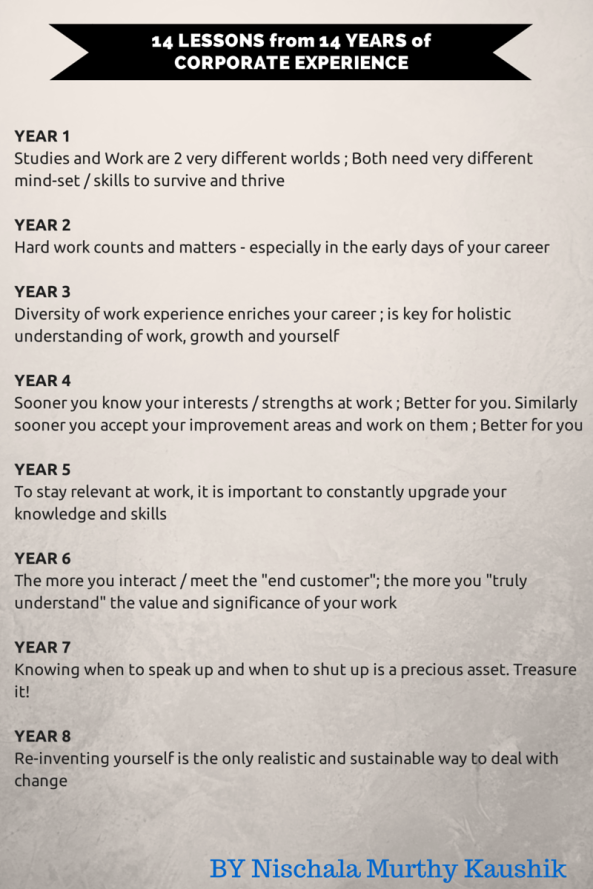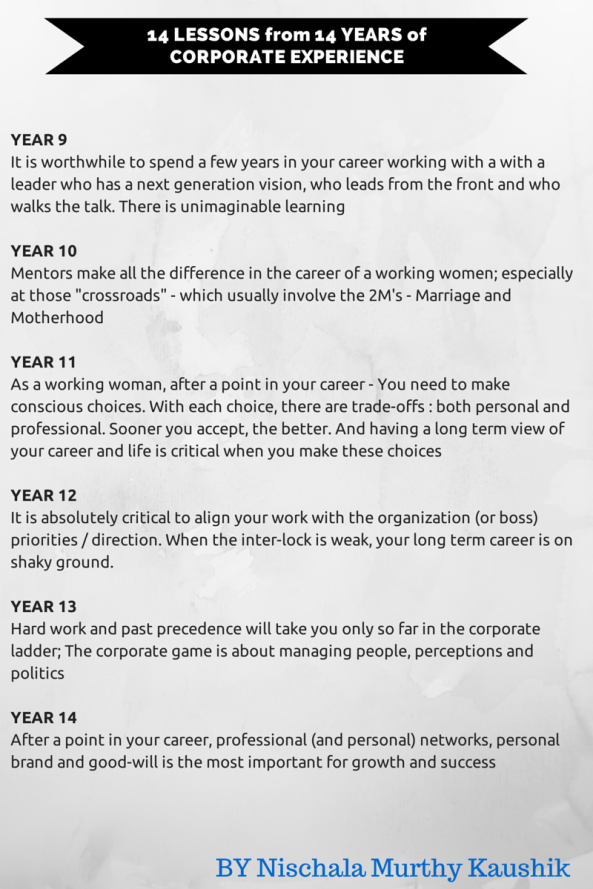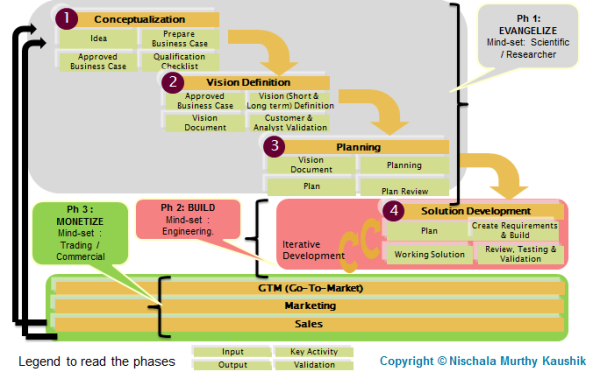Malcolm Gladwell is one of my all-time favorite authors. I love his thoughts, his books and the way he plays with words. In his book “The Tipping Point” he talks about three archetypes of people – Connectors, Mavens, and Salesmen. His premise is that the probability of any idea tipping to exponential success is higher if it is endorsed and advocated by people of these three archetypes. I found his explanation fascinating.
As I was thinking more about this, I observed that there were many such people archetypes around me at work. Some of these people you want to be around, and some you want to keep at bay!
In this post, I’m listing people archetypes I’d want to avoid at work.
1) The Evergreen Ever-ready Critic
These are the kind of people who are critical about anything and everything that others say or do. In their eyes, nothing anyone does is ever good enough. No idea has any real merit. No communication is really up to the mark. Before you even finish what you have to say, they are ready with a barrage of negative feedback. “Oh! This is nothing great”, or “Ah! Even a school kid could do it better”. Well criticism is good…sometimes. But all the time? No way! I’d rather stay away from such people
2) The Arrogant Expert
Expertise is good, and I have immense respect for all the “experts” I know. However, the other thing that I do know is that “expertise” either breeds ‘humility’ or ‘arrogance’ in people. A vast majority of so called Technology / Subject Matter / Domain Experts exhibit different flavors of ‘arrogance’; it is a wide continuum. Many of them truly believe that they are their words are the gospel in a particular topic; and may be rightly so!. Many of them also think that they know-it-all. And some of them behave as if they are the supreme power among other ‘lowly’ mortals. Knowledge is power, and due respect to their knowledge. However, today’s reality is that a lot of knowledge is free (online) and a collaborative workspace is essential for progress and success. So no matter what your expertise is, if you can’t work with / in a team, then chances are you’ll be gradually sidelined. At least, I’d draw a firm boundary with such people.
3) The “I don’t want to do any work” Type
This is for the person who just does not want to work. No matter what the work is, how easy / difficult it is – They will give a zillion excuses on why they can’t do it. And when they accept it, they will find another zillion reasons why it is tough. And when they start doing, they’ll ask another million questions on. Not to mention, extra help support time and resources to get the work done. Well, I’d rather again stay away from such people because either they’ll make you do their work or make it hard for you to work
4) The “I won’t let you do any work”Type
This is the kind of person who always has a problem, question, needs a suggestion or needs to talk or needs to take a break. They don’t let you work. And if you find it hard to say No, then you’ll end up with a huge backlog of work. Best is to keep such people at a distance
5) The “I’m close and well connected to the CXO, President.. and almost everyone in power” Type
This is an interesting archetype. They are well connected, or at least appear to be. They know the CXO, President and almost everyone in power (business, politics, Government, etc.). They use names and designations generously and also talk about powerful people like their best buddies. Honestly, I don’t know if everyone wants to hear about your personal stories all the time. And why do you need to flaunt it all the time? Something steers me away from such people.
6) The “Always URGENT” Requester
This is the type of person who always calls / mails with an urgent request. The first time you oblige. The second time you try to reason. Next time, you just ignore. I mean everyone has things to do, and there is only so much you can re-prioritize your work. If indeed it was urgent – you should know earlier right? Again, I’d put a cap on the time and attention I give to their work or requests.
7) The “You Give Me This and That, But I’ll give you NOTHING in return”Type
This type of people are the ‘shrewd and smart’ worker. They want to take everything from you – including your ideas and credit for all your good-work; but don’t give you anything in return. Neither work related updates or information, nor data nor insights. Even for basic things, they behave “mighty and lofty” to share; and never miss any opportunity to highlight how much they know, and how little you know. Well, I’d again stay away from such folks as they do more harm than good to your thinking. And maybe they remember that nothing lasts forever.
8) The “I love to talk about myself”Type
These are the type of people who love to talk about themselves. Their education, their family, their preferences, their routine, their hobbies.. The story never ends. While interesting company sometimes, they suck into your time, energy, thoughts and work – leaving you drained because they are so full of themselves. Again, I’d like to keep them at a distance
9) The “My way or Highway”Type
Hmm.. This type thinks and believes that the only way to do anything is the way they do it. They are closed to alternate view points and influence everyone around them to function the way they do. Something like a “creating mini-clones of themselves at work”. Again, I prefer to keep my distance from these crash-courses in cloning others…
10) The “Ungrateful / Thankless” Type
These are the kind of people who will never be grateful or thankful for what you do for them – in work or life. They will always find reasons to believe that things could have been better. Well good for them as they find their happy space. Till then, I’d stay away from them…
In reality, may be everyone displays shades of all the above behaviors, but if you do it all the time.. then may be you need to introspect …
That’s my list. What does your list read like? Leave a comment to let me know
First published on LinkedIn
——————————————————————————————-
Connect with me on Nischala’s Social World
Columnist / Byline in : Economic Times | Huffingtonpost | Wipro | NewsCred | Marketo| Finextra | Inc42 | Business2Community | ProBlogger | Famous Bloggers | TheNextWomen |Nasscom | PaulWriter | WomensWeb | Sheroes | PeopleMatters| YoWoTo | 12Most.com | Parentous | The Change Blog
Blog : Nischala’s Space, Thoughts, Expressions [Featured in Top Marketing Blogs in India, Directory of Top Indian Blogs and Most Widely read Indian Bloggers,Directory of Best Indian Blogs, Alltop]
Twitter : @nimu9 [Featured among Must Follow Indian Women on Twitter (2014) ,50 Indian Women to follow on Twitter (2012)]
Interviews and Media Mentions
Newspaper Interview | Twittering Heights (Deccan Chronicle, 2015)
Quoted in “Open Letter to Women looking for job”
Quoted in “The Best Advice you’ll receive as young women starting your careers”
Interview | My blogging journey – How it came to be?
Interview | A wise Blogger
Interview | Secrets to Successful Blogging
Quoted in “Are entrepreneurs born or made?”



